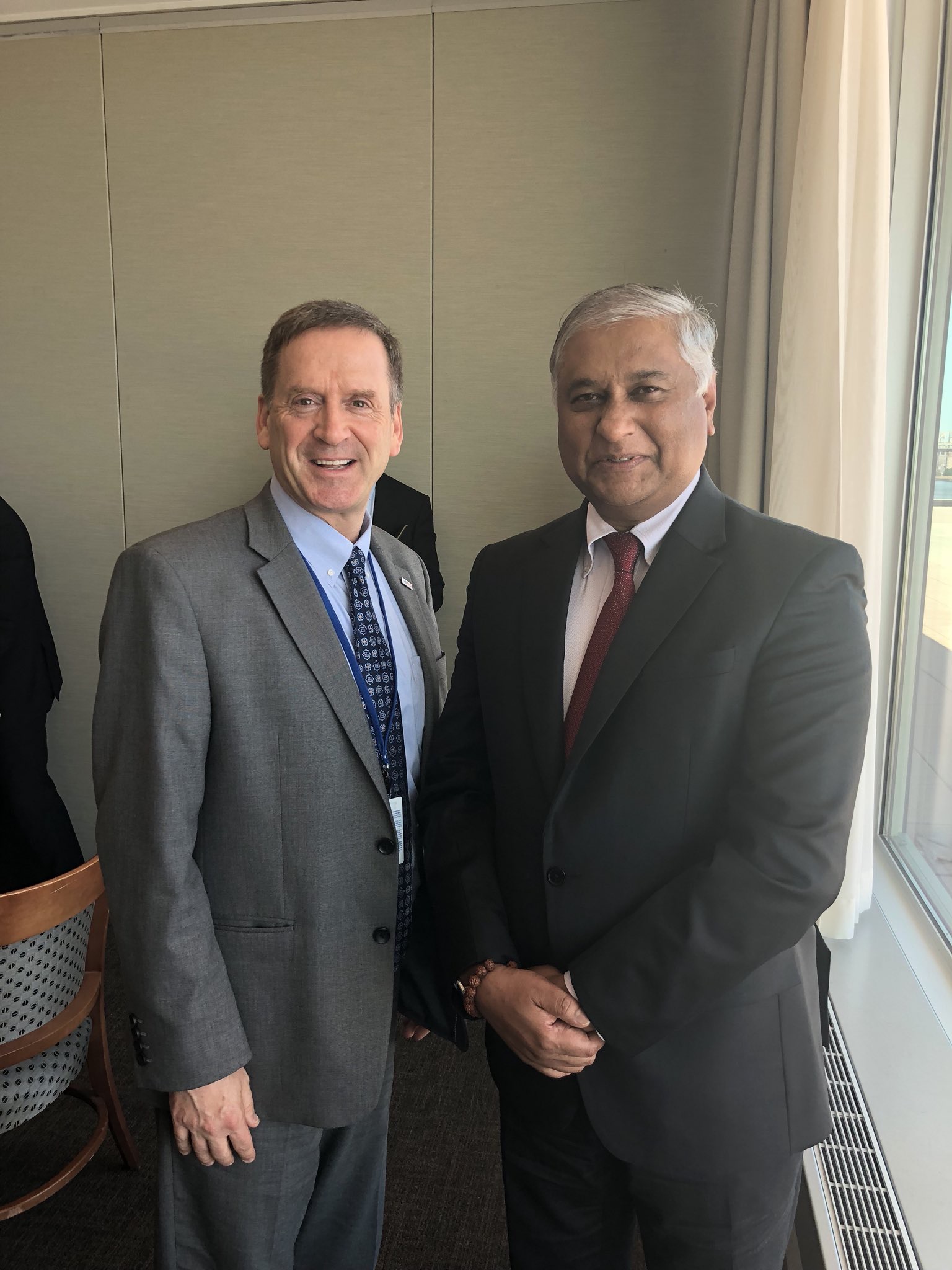FIJI’S Permanent Representative to the United Nations, Ambassador Dr Satyendra Prasad has called on the United Nations Security Council (UNSC) to better understand, interpret and respond to new drivers of conflict and insecurity.
While addressing the UNSC at its “Open Debate on Mediation and the Peaceful Resolution of Disputes” at the UN Headquarters in New York this week, Ambassador Prasad said the impacts of climate change were well understood.
But he said what was less well understood were its consequences for conflict.
“As crops fail, coastal lands become less fertile, excessive and frequent rains wash away livelihoods, competition for land and resources become more intense,” he said.
“Families and communities are on the move as a result.”
According to Ambassador Prasad, Fiji and many other small island states had found themselves on the frontlines of climate change, however not at their choosing.
He said these fuelled conflicts which were now becoming more intense and complex.
Ambassador Prasad said “business as usual” cannot be an option adding that “reframing the UN’s mediation perspectives is a starting point.”
“Strengthening UN capabilities and building an institutional architecture that can support mediation, conciliation and peacebuilding efforts in climate-oceans-water stress related conflicts, is overdue. Fiji stands ready to support the Secretary General’s efforts in this area,” he said.
Ambassador Prasad requested the UNSC to acknowledge that climate and oceans stress had already become conflict drivers.
He called for reforms that were needed to position the UN in a way that enables it to bring systematic understanding of these conflict drivers and conflicts to the UN and that the UN system needed to reposition itself to play a pro-active preventive role in conflict prevention by supporting communities to mediate climate and oceans stress – induced conflicts.
The special session mediation and peaceful resolution of disputes was presided by the United Kingdom’s Minister for Commonwealth and the UN, Lord Tariq Ahmad.
Also present at the invite of Lord Ahmad, was the Archbishop of Canterbury, the Most Reverend Justin Welby.
The Most Reverend Welby made a special call to the Council for the UN to work closely with faith communities and civil society in trying to resolve conflicts across the world.
The UNSC debate on mediation and conflict resolution was first convened in 2007.




